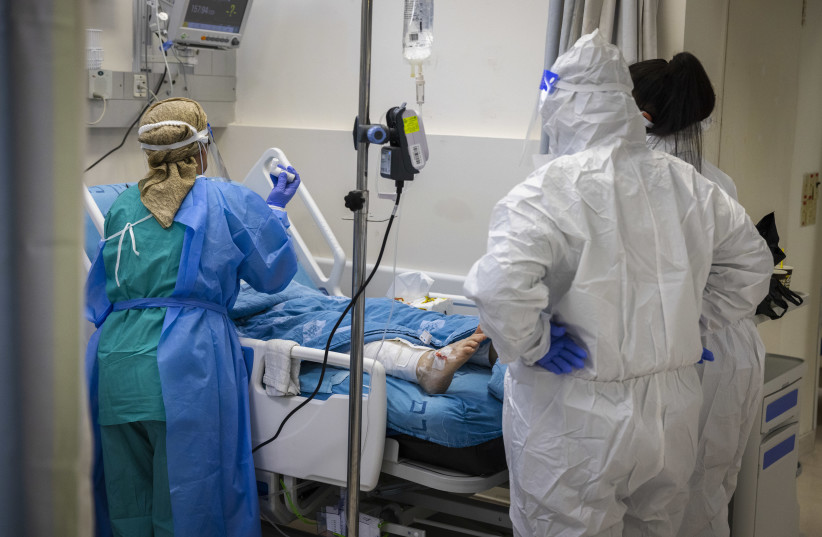Depression, anxiety and loneliness could increase risk of contracting long COVID, according to new research conducted at Harvard.
The study, published Wednesday in the journal JAMA Psychiatry, found unexpected results: Distress was more strongly associated with developing long COVID than physical health risk factors such as obesity, asthma, and hypertension.
Can poor mental health make physical disease worse?
“To the best of our knowledge, this is the first prospective study to show that a wide range of social and psychological factors are risk factors for long COVID and daily life impairment due to long COVID."
Andrea Roberts
Mental health is known to play a role in exacerbating numerous diseases. In other acute respiratory tract infections, such as flu or common cold, mental health conditions are associated with greater severity and longer duration of symptoms. Previous studies have also suggested that distress is associated with chronic symptoms following Lyme disease and in chronic fatigue syndrome and fibromyalgia, which have symptoms similar to those of long COVID.
In order to find out whether mental health plays an equally significant part in COVID-19, the research team analyzed 54,000 people in April 2020. This is the first study to examine that question, according to the researchers.

At the start of the study, participants were questioned about their psychological distress. Over the following year, more than 3,000 participants contracted COVID-19, and the researchers asked participants about their COVID-19 symptoms and symptom duration.
After analyzing the responses and comparing those who developed long COVID to those who did not, the researchers determined that distress before COVID-19 infection, including depression, anxiety, worry, perceived stress, and loneliness, was associated with a 32%-46% increased risk of long COVID, leading to substantial daily life impairment.
“We need to consider psychological health in addition to physical health as risk factors of long COVID-19," said Andrea Roberts, senior author of the study. "These results also reinforce the need to increase public awareness of the importance of mental health and to get mental health care for people who need it, including increasing the supply of mental health clinicians and improving access to care.”
What is long COVID?
More than two years into the COVID-19 pandemic, researchers are still learning about the effects of the virus, including how many people suffer from "long COVID" – When symptoms of the disease linger long past infection.
A study by University of California Los Angeles (UCLA) earlier this year found that 30% of people treated for COVID-19 developed Post Acute Sequelae of COVID-19 (PASC), most commonly known as “long COVID.”
In hospitalized patients, the most persistent symptoms were fatigue and shortness of breath (31% and 15%, respectively). Loss of sense of smell (16%) was the most reported symptom in outpatients, according to the UCLA study.
![Mental health [illustrative] Mental health [illustrative]](https://images.jpost.com/image/upload/f_auto,fl_lossy/q_auto/c_fill,g_faces:center,h_720,w_1280/435031)